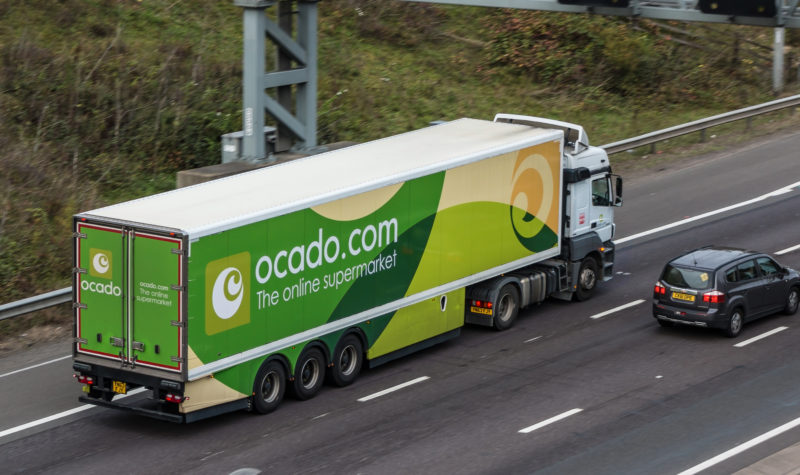Does Covid-19 provide growth opportunities for Next, Ocado and Tesco?

Robert Stephens, CFA, discusses why a changing retail environment could be beneficial to FTSE 100 retailers Next, Ocado and Tesco.
Covid-19 is likely to change the way that a lot of people buy a range of products. At its core, it could quicken the pace at which consumers are moving from high street shops to online.
This process could produce winners and losers, with those retailers without a strong online presence likely to slip further behind their omnichannel/online-only peers.
Among the FTSE 100 retailers that have invested heavily in their online operations are Tesco (LON:TSCO) and Next (LON:NXT), while pure-play online grocery company Ocado (LON:OCDO) could further strengthen its long-term growth prospects, in my opinion.
An online-only world?
The trend towards shopping online in the UK has not suddenly commenced because of Covid-19. Over the past 10 years the proportion of total goods in the UK that were purchased online has risen from 5.8% to 21.9%. Therefore, a trend has been in place for many years due largely to the convenience offered from ordering products at home rather than having to visit a shop.
The speed of transition from physical stores to online could, however, be catalysed by Covid-19. Consumers who were previously adamant that they preferred visiting their favourite stores may have been forced to engage in online delivery of essential items over the past few months.
Unavailability for some products aside, many consumers may have become used to spending ten minutes or less on their smartphone purchasing their groceries instead of a far longer round-trip to their local supermarket. This may mean they do not switch back to visiting stores frequently once the lockdown measures end.
FTSE 100 retail investing opportunities
Among the FTSE 100’s online pure-play operators is Ocado. The grocery delivery company is set to replace its Waitrose offering with products from M&S in September, but it is the global opportunities on offer that could have a much greater impact on its stock price.
Ocado has partnered with retailers in various major international markets over the past few years so that it is now a truly global operation. This could mean that it capitalises on the continued switch towards online shopping across the world, while offering greater diversity than some of its sector peers.
Next has continued to adopt a light-footed approach to its business model. It has invested heavily in an online platform that sells its own products, as well as those of its competitors. This strategy’s aim is to make the Next platform the ‘go-to’ destination for consumers seeking clothing and homeware.
Next’s store network provides it with logistical strength, and will enable it to compete effectively in the ‘click and collect’ sector that may continue to be popular once lockdown comes to an end.
With a 35% share of the UK online grocery industry, Tesco is the market leader. After many years of struggling to beat Lidl and Aldi’s in-store offering, it may now face more attractive operating conditions as it benefits from having a relatively established position in the online grocery market.
Tesco may experience a drag on its performance from unproductive supermarket sites within its portfolio as its customers increasingly rely on online grocery deliveries. But its improving customer scores and investment in efficiency could lead to an outperformance of many of its sector peers in the long run.
Comments (0)